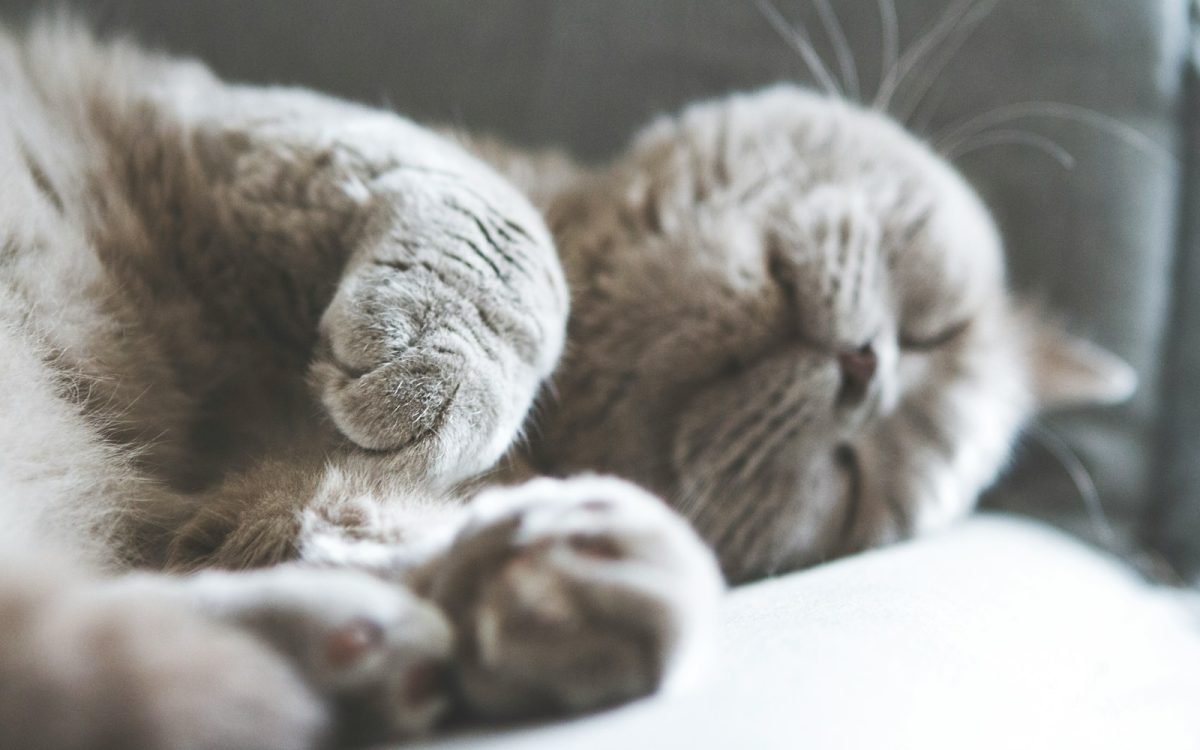Napping can be a great way to boost energy, improve mood, and enhance cognitive function — when done correctly. However, poor napping habits can actually interfere with nighttime sleep or leave you feeling groggy. Here are the key do’s and don’ts of effective napping:
DO’s:
✅ Do Keep It Short
Aim for a nap of 10 to 30 minutes. This is enough to boost alertness and performance without entering deep sleep, helping you wake up feeling refreshed rather than groggy.
✅ Do Nap in the Early Afternoon
The best time to nap is generally between 1:00 PM and 3:00 PM, when most people naturally experience a dip in energy. Napping too late in the day can disrupt your ability to fall asleep at night.
✅ Do Create a Restful Environment
Nap in a quiet, dark, and cool environment. Minimizing light and noise can help you fall asleep faster and improve the quality of the nap.
✅ Do Use an Alarm
Set an alarm to avoid oversleeping. Sleeping too long can cause sleep inertia — that drowsy, sluggish feeling upon waking — and affect your nighttime sleep.
✅ Do Listen to Your Body
If you’re feeling unusually tired during the day, a nap can be a good indicator that your body needs more rest. Use naps as a supplement, not a substitute, for proper nighttime sleep.
DON’Ts:
❌ Don’t Nap for Too Long
Avoid naps longer than 30–45 minutes unless you’re recovering from significant sleep deprivation. Longer naps can lead you into deeper stages of sleep, making it harder to wake up and affecting evening sleep patterns.
❌ Don’t Nap Too Late
Napping late in the day (after 4:00 PM) can interfere with your circadian rhythm and make it harder to fall asleep at your usual bedtime.
❌ Don’t Nap If You Struggle With Insomnia
If you have trouble falling or staying asleep at night, avoid napping. It can reduce your sleep pressure and worsen nighttime sleep issues.
❌ Don’t Nap in Bed
Your brain associates your bed with nighttime sleep. If possible, nap elsewhere (like a couch or recliner) to reinforce that your bed is for full sleep, not short rests.
❌ Don’t Feel Guilty About Napping
When done properly, napping can improve memory, reduce stress, and enhance alertness. Give yourself permission to rest when your body needs it.
In Summary:
A short nap in the early afternoon in a calm setting can do wonders. Avoid long, late-day naps that could derail your nightly sleep. With the right approach, napping can be a useful tool in your wellness routine.




